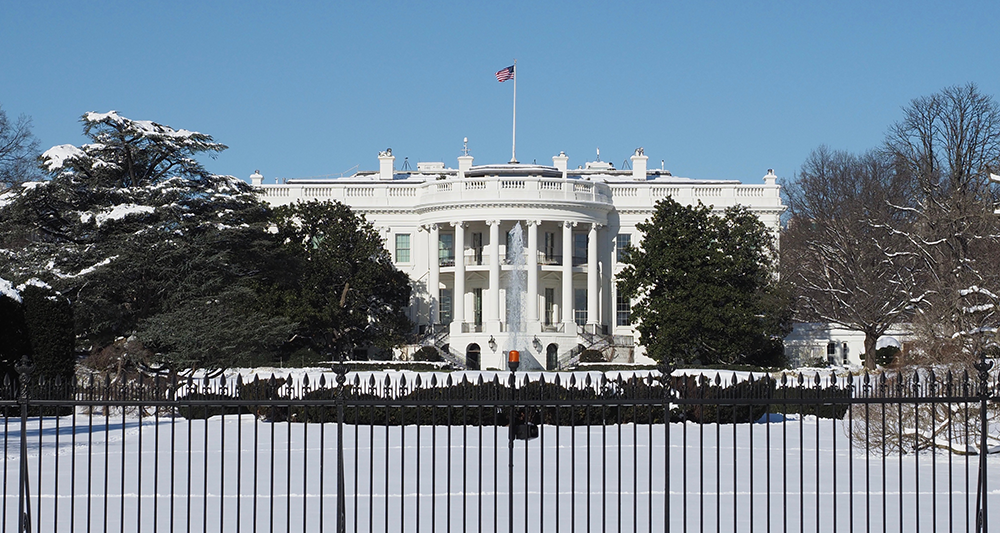With Election Day only weeks away, Georgetown University students are calling on the university to encourage student voting by relaxing absence policies and promoting voter registration.
The “Petition to Promote and Protect Georgetown Student Voting Engagement,” which has garnered 281 student and club signatures, requests a blanket absence forgiveness policy, the rescheduling of tests scheduled Nov. 3, and two systemwide emails sent to promote registration and clarify students’ right to vote on Election Day. Organizers submitted the petition to the administration Oct. 4.

Georgetown must follow through on its commitment to social justice by lowering barriers to student voting, especially during such an important election cycle, according to the petition.
“Given Georgetown’s commitment to social justice and action beyond academia, it is of the utmost importance that the University promote the voting rights of its students,” the petition reads. “This semester more than any other, students do not have equal living circumstances or equal time commitments. Whereas work or family obligations may obstruct a student’s ability to vote, Georgetown must do whatever it can to ensure schooling does not create a burden on a student’s right to vote.”
Getting to the polls and voting during a pandemic is already difficult without having to worry about school, according to Rachel Newman (NHS ’22), the petition’s author.
“I thought it was important to highlight how many obstacles already stand in the way of students getting to the polls, and how those obstacles become greater for those in low-income and BIPOC communities,” Newman wrote in an email to The Hoya. “Longer voting lines with increased exposure to COVID-19 are disproportionately found in Black communities, while the negative health impacts are found in most communities that aren’t white, with income also playing an important role.”
The university did not comment on any of the particular policy proposals, instead encouraging students to communicate directly with professors if they expect to miss class and to explore alternative forms of voting.
“We encourage students to look into voting options in their state—such as early voting and voting by mail—and to communicate to their professors if they foresee conflicts with their ability to participate in classes in order to vote in person,” a university spokesperson wrote in an email to The Hoya.
GU Votes, a student-led initiative working to encourage student voting, signed the petition in recognition of the importance of maximizing student flexibility on Election Day, according to Sarah Bryant (SFS ’22), the initiative’s leader.
“From the GU Votes perspective, we’re committed to making the voting process as accessible as possible for students, so we hope that this petition gives students more flexibility in their schedules on election day to vote at whatever time they need to or to serve as poll workers if they are able,” Bryant wrote in an email to The Hoya. “Students should be able to take the time to vote without worrying about the consequences for missing a class.”
The 2020 presidential election is considered one of the most consequential in U.S. history. Organizations, from civil rights groups to music streaming services, have been conducting voter registration drives and circulating educational material on voting.
Prior to the petition’s release, Provost Robert Groves sent an email to faculty members urging them to be patient with students on Election Day.
“Due to the COVID-19 pandemic health measures, there may be lines or unexpected delays at polling locations outside of an individual’s control, and it is important that we enable members of our community to exercise this important right,” a copy of the email reads.
Despite the university’s suggestion for flexibility, more action is necessary to ensure Georgetown sets a standard for how it treats elections and civic engagement moving forward, according to Newman.
“Being so close to the Hill already creates a sense of connectivity towards politics, but additionally there is much to consider in the way of the diverse student body and their obstacles in getting to the polls,” Newman wrote. “This is something that will carry on through the years and therefore needs to be addressed by the university in a way that is more substantial than a suggestive email to the faculty.”




















